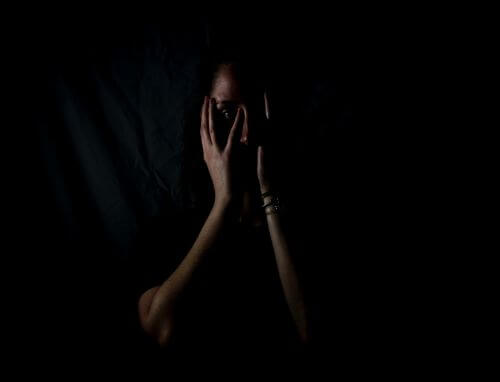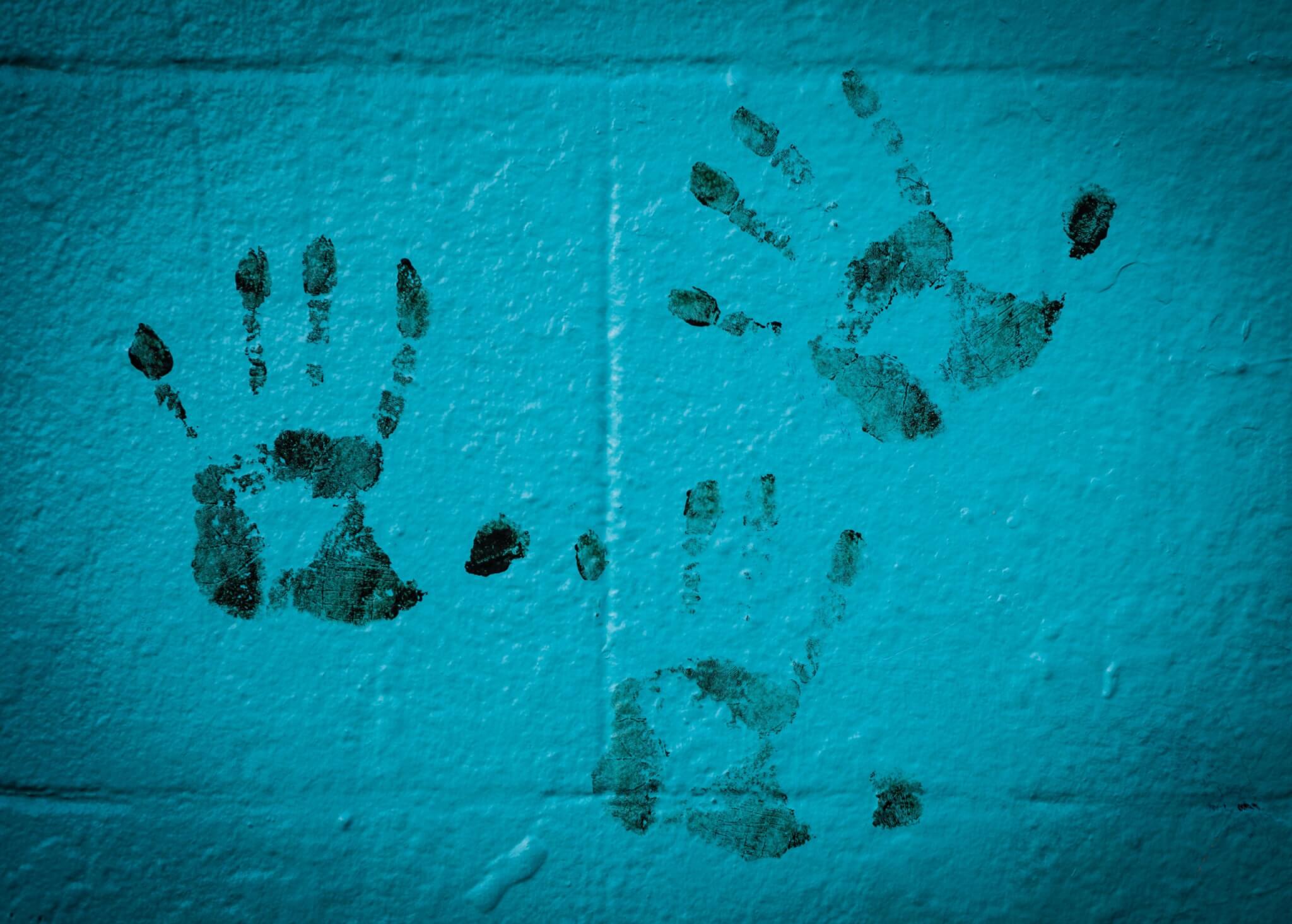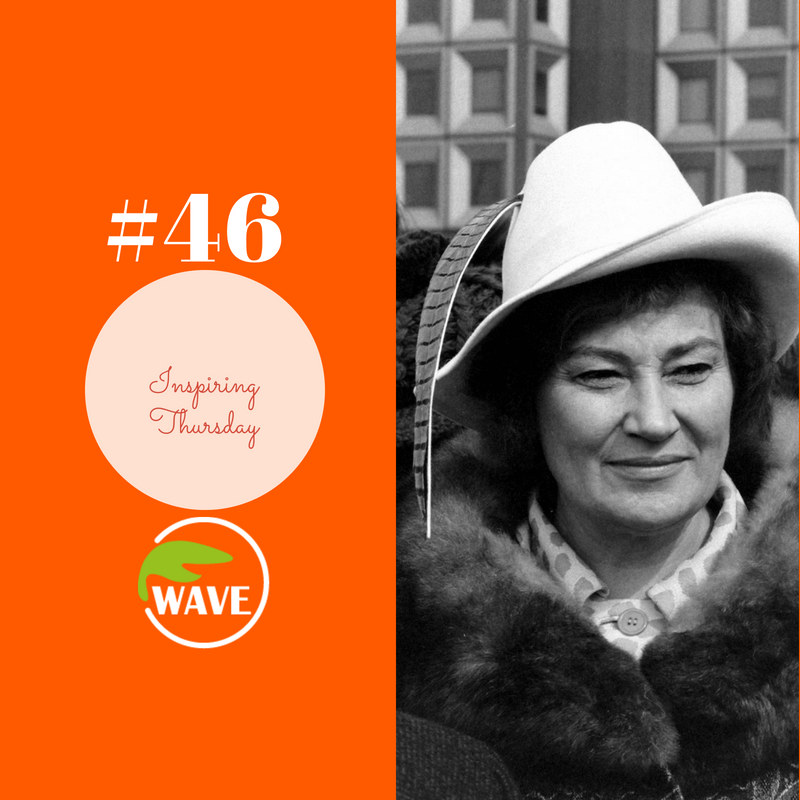The vulnerable situation of trafficked women and girls seeking asylum is widely recognized. Consequently, women and girls affected by trafficking are entitled to special procedural guarantees(2) and special reception conditions(3) during their asylum proceedings. In order to guarantee those rights, EU Member States have a positive human rights obligation to identify potentially trafficked women and girls among asylum seekers in a timely and effective manner.
Inspiring Thursday: Hedy Lamarr
Born in 1914 and raised in the cultural Jewish quarter of Vienna, Hedwig Eva Maria Kiesler, better known as Hedy Lamarr, was the daughter of a pianist and a bank director with a fascination for technology. Most famous for her career as a glamorous actress, few people know of the great inventions that Lamarr worked on, laying the groundwork for our modern day wireless communication technology.
Inspiring Thursday: Arundhati Roy
Indian novelist and political activist, Arundhati Roy, best known for her novel “The God of Small Things” and for her involvement in human right issues, also had several odd jobs before starting her career as a writer. At one point, she was an actress, film-maker and even an aerobics instructor.
The legal barriers affecting undocumented women in Italy
Miriam(1) is a young migrant woman who turned to a women’s anti-violence centre in Northern Italy to escape the violence perpetrated by her husband. Miriam held a residence permit for family reunification and had entered the shelter three months before her permit was due to expire. Miriam had two possibilities to remain in Italy. The first was to find a permanent job before her permit expired and show the authorities that she would earn enough money to maintain herself and her daughter. The second was to hope that the juvenile court would determine that she could obtain the custody of her child, who was born in Italy, and then extend her permit for family reasons.
Inspiring Thursday: Pavan Amara
“I decided to start a charity. I didn’t do it for philanthropic reasons or because I wanted to be the next Mother Theresa. It was actually a selfish move – I had no other option, and I did it for my own welfare.”
Inspiring Thursday: Bella Abzug
Bella Savitzky, or “Battling Bella”, was born in 1920 in New-York city from Russian Jewish immigrant parents. Already at an early age, she was fearless, bold and outspoken, and would not let anyone (boys included) beat her in any competition. When a father died, Abzug was aged 13 and she was told that she could not say the mourners´ Kaddish at the synagogue because, as a rite reserved for sons, it was forbidden for women to say it. Her father had no sons and Bella, determined to mourn her father in the way she wanted, went to the synagogue every morning for a year to recite the prayer. In doing so, she courageously defied the tradition of her Jewish community.
The fathers’ rights movement and anti-feminism
The fathers’ rights movement has been around for more than a decade functioning as a loose network of advocates predominantly in the USA and throughout Europe, operating with the said mission of preserving the well-being of children by ensuring that family law frameworks are not discriminatory against fathers. Some in the fathers’ rights movement also stand for the lowering of child support payments and protesting against what they say are mothers’ frequently made up allegations of domestic violence.(1)
Inspiring Thursday: Ilona Zambo
“Bela Osztojkan, who was a Roma leader, called me the first Gypsy feminist for standing up for the rights of Roma women. He did not mean it as a compliment.”
Inspiring Thursday: Marichuy
“We, the indigenous people, say we don’t agree with this system—to be exploited, to have them continue to destroy our communities… It should be the people who give the orders and the government that obeys.” (Marichuy)
Technology and social media: yet more tools to threaten, control and coerce women
For many women the abuse, harassment and stalking they experience online is just another disturbing example of the violence they receive from their partner or ex-partner. Far from being the one-off incident of online abuse that is perceived by the police – this behaviour by perpetrators is just another way to control, threaten and coerce women. Online stalking and harassment is part of a pattern of behaviour which encompasses online abuse and street harassment as well as domestic violence and murder.
















